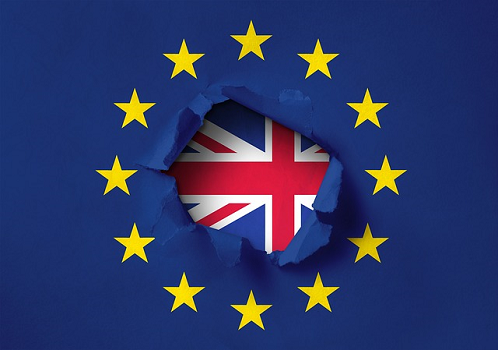“The new government must endeavour to settle on a transition deal as it will be next to impossible for the UK and EU to finalise and ratify a free trade agreement in the next two years at the same time as finalising the EU exit,” said Ana Boata, European economist at Euler Hermes.
“By avoiding legal uncertainty and keeping trading arrangements with the EU unchanged, the UK economy would stay resilient for the duration. It allows more time for negotiations for a positive outcome for the next trade partnership. In our view, this will translate into tariffs on selective goods – two per cent to three per cent tariffs on average – and some add-ons on services.”
Source www.cityam.com
• Moody’s fires Brexit warning
Rating agency Moody’s added to the chorus of gloom today by warning that Brexit-related uncertainty is putting the UK’s credit rating at risk.
In a statement, Moody’s says that the UK’s creditworthiness is under pressure following last summer’s vote to leave EU, and ongoing uncertainty over how the negotiations will play out.
The agency questions whether Britain can really achieve a “reasonably good” outcome from its talks with Brussels.
Moody’s also warns that the loss of the government’s majority in last month’s elections has raised the “political and fiscal risks” facing the UK.
In a generally gloomy assessment, Moody’s also warns that the UK economy is already slowing, and this will get worse.
It says:
The UK economy has started to slow, and Moody’s expects the UK economy to weaken significantly through the remainder of this year, with the baseline scenario seeing growth declining to 1.5% this year and 1.0% in 2018, compared to 1.8% in 2016.
In the medium term, Britain’s growth prospects could be “materially weaker” if it doesn’t achieve access to the single markets on good terms .
To sum up: Britain’s credit rating, already one notch below Triple-A with Moody’s, could be at risk…

